Summary
- Despite privilege, Bakugo is also a victim of hero society, shaping his ego and sense of worth.
- Bakugo needs to redefine his meaning of strength after facing challenges at U.A. with Deku and others.
- Bakugo’s development involves learning to find strength in others, apologizing, and redefining victory.
Bakugo’s character is polarizing in and outside of My Hero Academia’s story. In the world of MHA, he is a prodigy, easily among the top of the next generation of heroes, yet possessing a demeanor that puts him at odds with nearly everyone he meets. In the real world, he is the perennial most popular character, while still having arguably the most detractors among the MHA fanbase. But for all the differences of opinion around Bakugo, the fact remains that his character arc epitomizes many of the key philosophies that have come to define MHA.
My Hero Academia is more than just a story about One for All vs All for One. Our heroes must constantly reckon with their place in hero society and what legacy they want to inherit and leave behind. The Bakugo we first meet is treading a very different path than the one we leave him on. It is through his friendship with Deku and his experiences with the heroes around him, that he is able to begin to fully realize the kind of hero he wants to become.
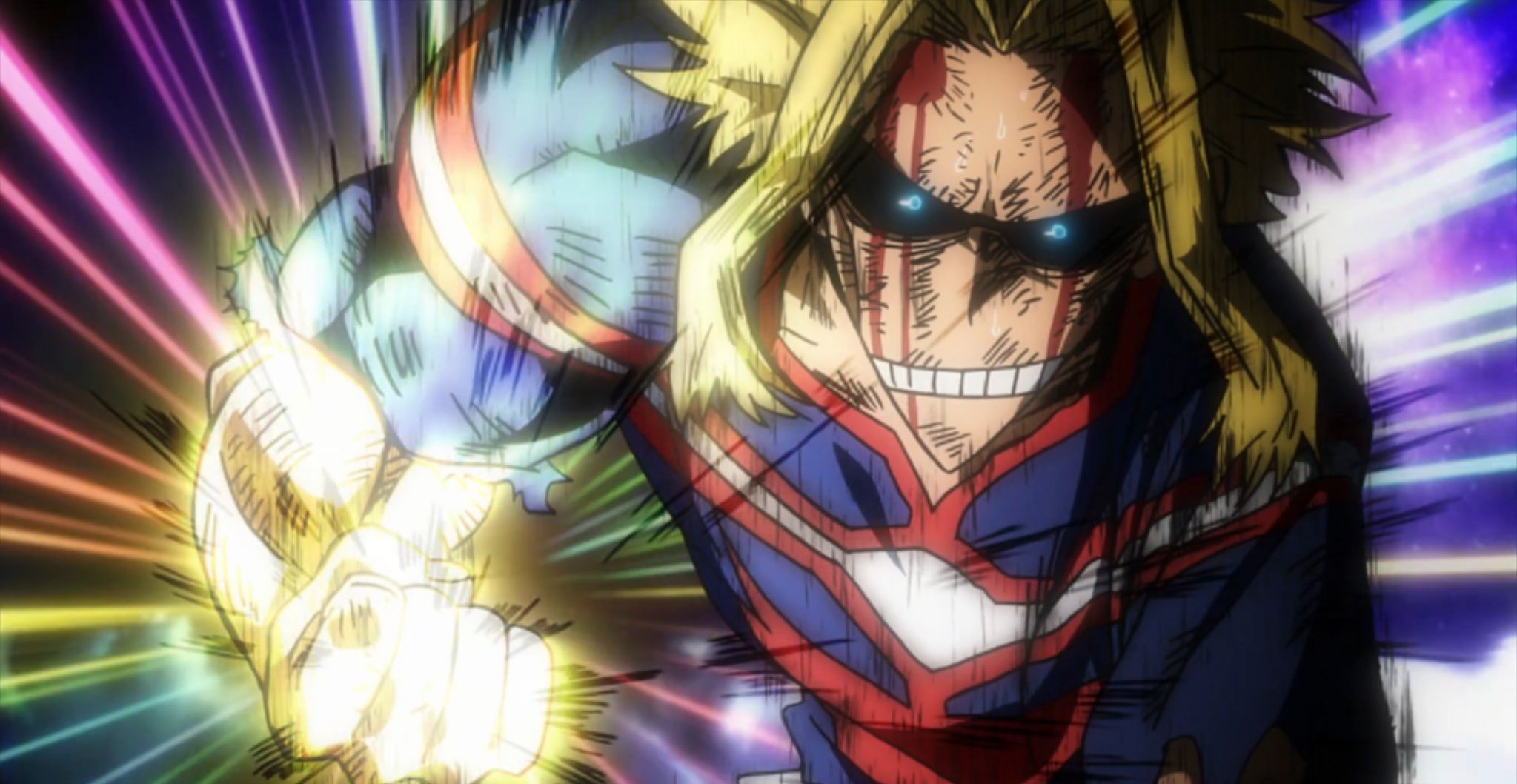
Related
My Hero Academia: How All Might’s Motivations Changed Throughout the Series
All Might’s journey shows what comes after the highs of being the World’s Greatest Hero.
Warning: Spoilers for My Hero Academia Anime and Manga ahead.
Katsuki Bakugo: Origin
Despite His Privilege, Bakugo is also a Victim of Hero Society
Bakugo is the “boy born with everything”, the narrative opposite of Deku, and being on opposite sides of this dynamic is what often drives their rivalry throughout the series. For Bakugo, from almost the moment he was born he was praised and acknowledged for his greatness. He could simply do things better than the other children, he even began to read first. Then, his quirk developed, and it was all but expected that the brilliant child would command a brilliant quirk.
But this unanimous praise and these high expectations would feed an ego in young Bakugo that would only grow unchecked throughout his childhood. When everyone around you tells you that you’re the best and expects the best from you, it is hard not to internalize those messages. While Deku is made to feel worthless for his quirklessness, Bakugo feels he must constantly reaffirm his inflated sense of worth. He must always be the strongest. He must always be the best.
This is why Deku’s presence is of such a great insult to him. Deku if nothing else, is weak because of his lack of a quirk, and yet, he would still reach out his hand to Bakugo if he felt he needed help. But for Bakugo, help is not just unwanted, it is insulting. Those who need help are lesser, those who need help are weak. One of the greatest insults to Bakugo then, is a moment we see early on, when Bakugo falls in a river and Deku rushes down to reach out his hand and help him up. For Deku, this is only natural. For Bakugo, this is a statement that Deku thinks he is weak and looks down upon him. It is from this moment forward that his disdain for Deku begins to deepen.
Afterall, he is much greater than Deku (in his mind), and in the future he will be greater than perhaps the only person he finds viable to look up to, the greatest hero in the world, All Might. For Bakugo, All Might is the ultimate Symbol of Victory. When he sees his image on TV, that is who he wants to emulate: the guy who never loses, the guy who always comes out on top. For Bakugo to learn that this isn’t the case, would surely be devastating to his worldview.
Challenging His Status
Bakugo Realizes He Must Redefine His Meaning of Strength
It is right before, and at U.A. that Bakugo finds his first real challenges. Before he reaches U.A., the encounter with the slime monster finds Bakugo on the other side of Deku’s helping hand yet again. This incident is yet another insult to his status. And then, they reach U.A. and Bakugo realizes just how strong others are, including Deku, with his newly acquired One for All.
When Bakugo sees Deku’s display of strength at the physical test, he is shocked, as Deku actually performs just a margin better than him. In that case, was Deku stronger than him all along? If he believed that, then he would also have to believe that Deku really did think he was weaker, and was looking down on him when he would offer to help. This crisis is only further compounded when he sees Todoroki’s display of power, and for the first time, feels he might not be as strong as his peers.
He will develop a complex with Todoroki too, as at the sports festival Todoroki doesn’t give Bakugo his full force, withdrawing the use of his flames before their final clash, forcing Bakugo to think he was taking it easy on him and not giving him a full fight. And while these experiences are very formative for Bakugo, his real paradigm shift will come when he sees the Symbol of Victory finally face defeat, and all because (he feels) he was not strong enough to handle the situation on his own.
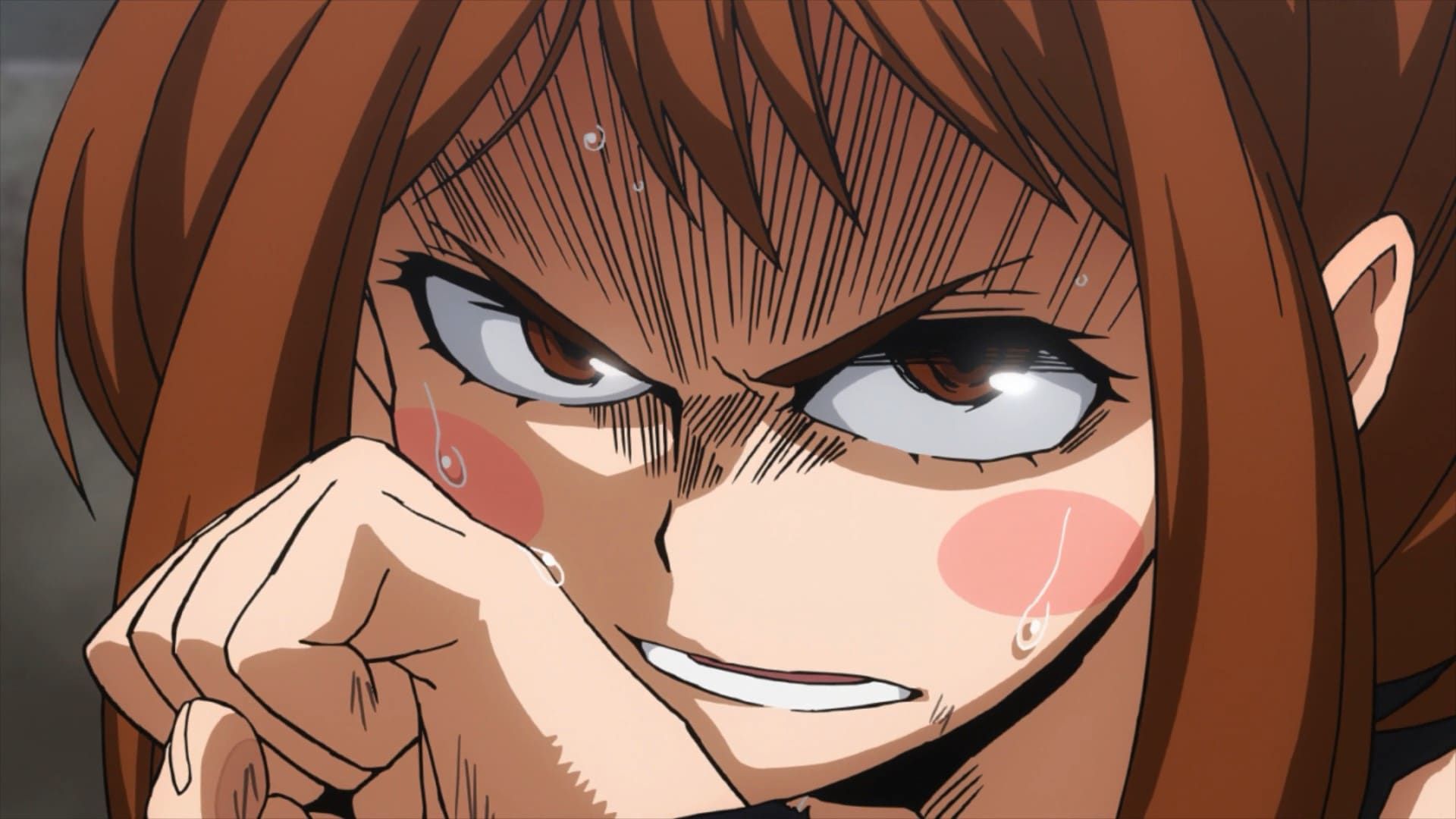
Related
My Hero Academia: How Ochaco’s Motivations Changed Throughout the Series
MHA asks what it means to be a hero. With Deku and Toga, Ochaco answers it what it means to save people.
Katsuki Bakugo: Rising
Bakugo Must Redefine His Image of Victory
After witnessing All Might’s last stand against All for One, Bakugo’s world is in crisis. We don’t really learn how deep the pain goes until he fights with Deku again, as he reveals that he feels responsible for All Might’s end. Not only did his ultimate Hero face a sort of defeat, but if Bakugo was stronger, then he would not have needed to rely on the help of All Might and others. And here is where the parallels between Bakugo and Deku rear their head yet again. They both shun the help of others, with a need to reaffirm their strength and worthiness through their own actions. But it is after being faced with the weight of his transgressions against Deku, as well as having to assess his place in the world, that Bakugo began to process his own toxic mentality. While his personality was still harsh, and characters even remark on his roughness, it is through other deliberate actions that we see how Bakugo is beginning to turn into a hero that he wants to be.
One of these first moments is during Joint Training, where we see how his dedication to making the most of his teammates leads them to a swift and decisive victory. While he was always intelligent and capable, the other students mention Bakugo’s newfound willingness to work with others. The opponents expected him to be a 1-man show, and his refusal to remain that person allowed him to achieve victory, and he would continue to grow from that moment to find even more success.
He sacrifices his own life in order to save Deku from Shigaraki. He helps lead the charge to find Deku during the Dark Hero arc, and it is at this time that we finally see a long-awaited apology from Bakugo, regarding how he treated Deku as they were growing up. While there are still moments played as gags where Bakugo’s aggressiveness still shows up, it is in those other decisive moments where we see how he grew. This all culminates in the finale, where Bakugo is willing to be a sacrificial lamb in order to help everyone to defeat Shigaraki, and then, through the assistance of everyone yet again, he pushes forward to finish off All for One once and for all.
Stepping off of the Pedestal
Bakugo’s Story is About Learning to Find Strength in Others
My Hero Academia is at its best when it examines how characters have grown up in and responded to the demands and realities of hero society. While Bakugo was often a victimizer in his early years, it is due to how Hero society treated him that he learned to react this way. While the hero society obviously failed the “villains”, it also failed the heroes, like Deku, Bakugo, All Might, Todoroki, Aizawa, Hawks….
The satisfaction in the story is in seeing how the characters learn to acknowledge the impact of hero society, address their response to it, and look forward to building a better world for the next generation. With Bakugo, apologizing to Deku was a key stop on his road to redemption. And in the rest of their careers as heroes, it will be interesting to see how Bakugo continues to define his own type of victory.
Bakugo’s and Deku’s arcs ultimately lead them to the same key philosophy at the heart of My Hero Academia: It is okay to rely on others, and, in fact, it is necessary to be the best you can be.
My Hero Academia is available to stream on Crunchyroll, Hulu, Netflix and Amazon Prime where available. You can also read the manga on VIZ’s Shonen Jump App or Shueisha’s MangaPlus.
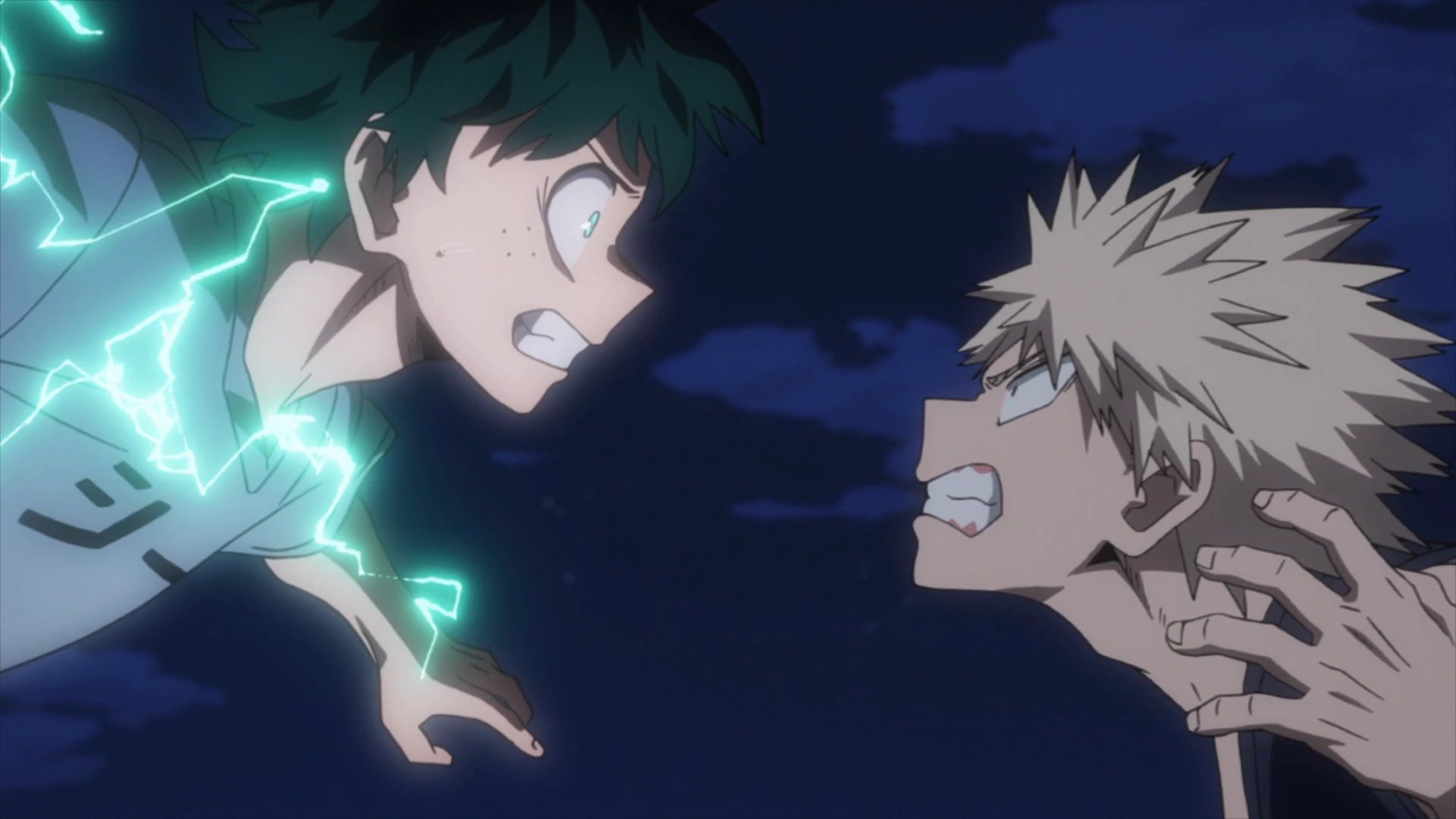
Related
My Hero Academia: Adult Deku vs Bakugo Explained
Deku and Bakugo clash multiple times throughout the series, but who would win at the height of their power?

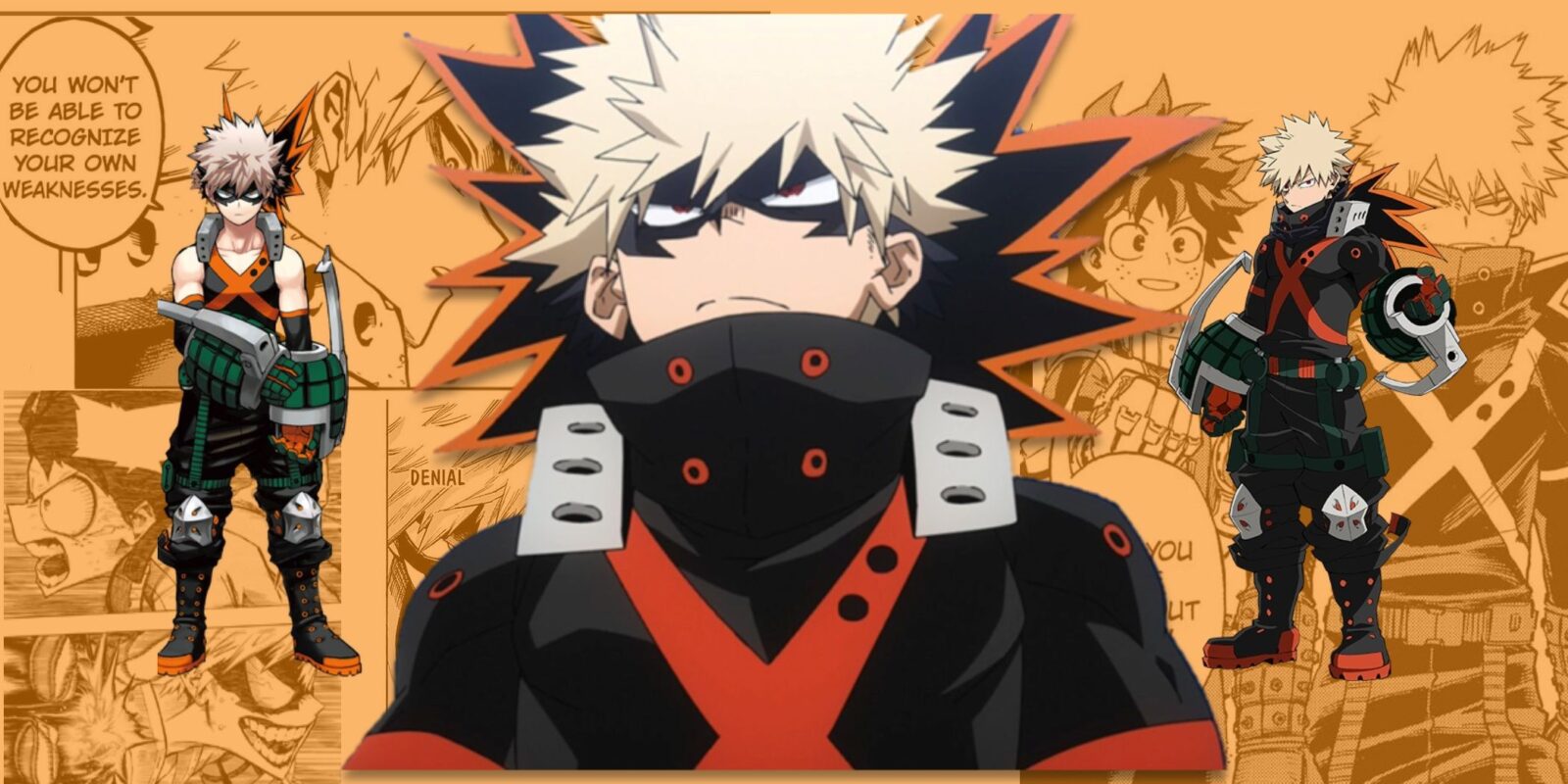
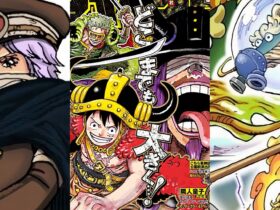
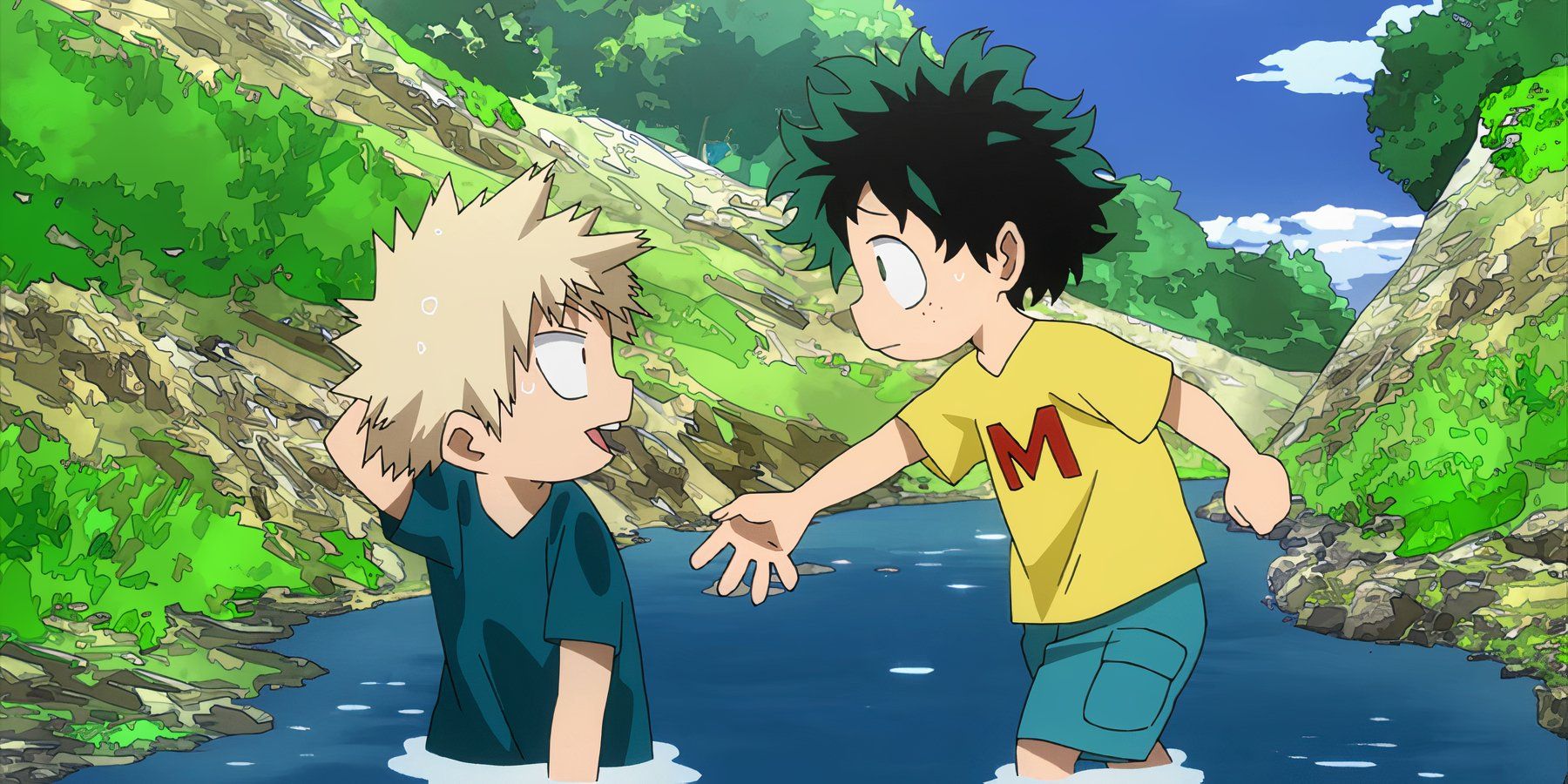
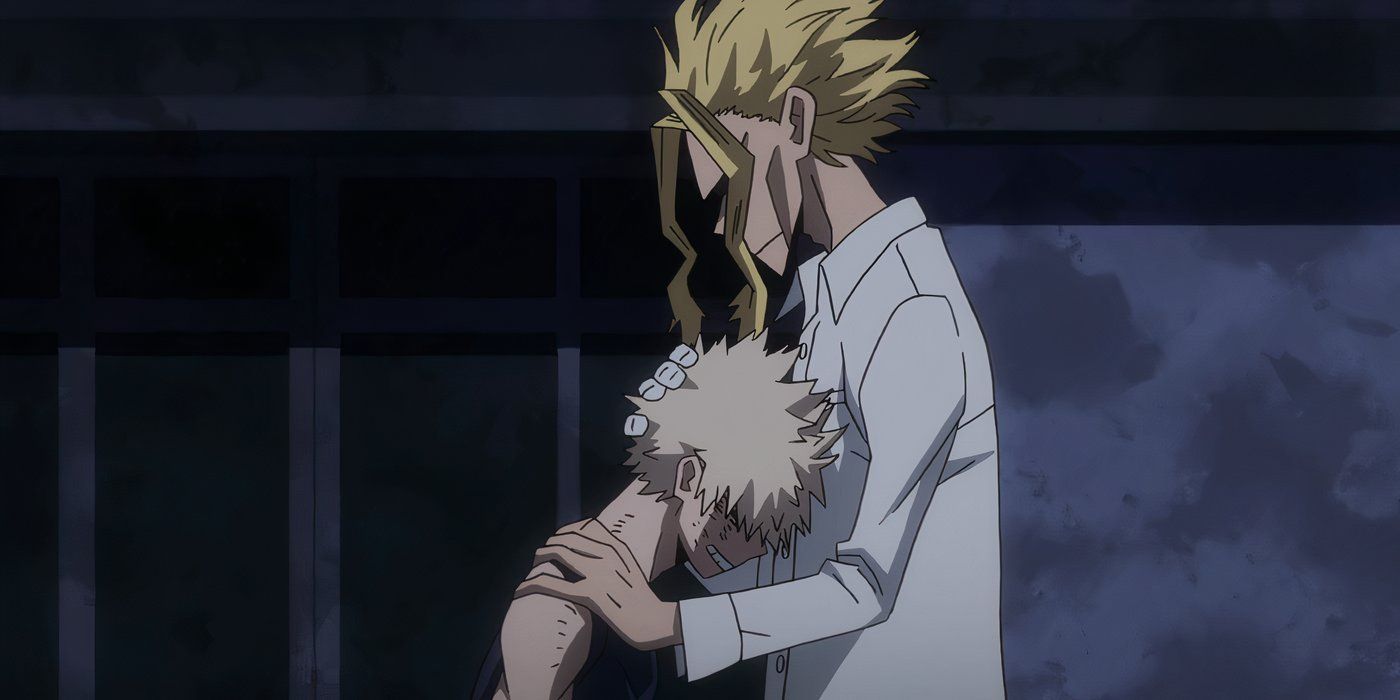

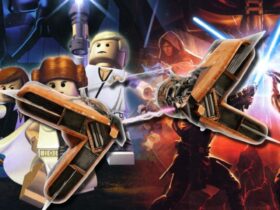


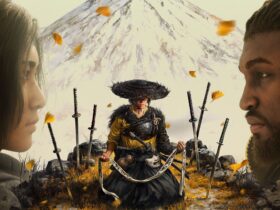
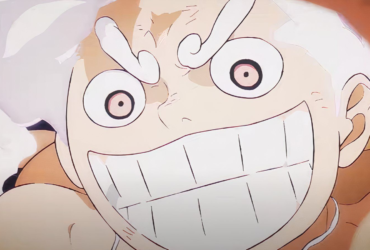
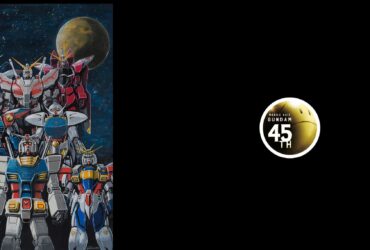
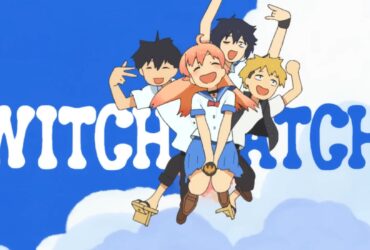
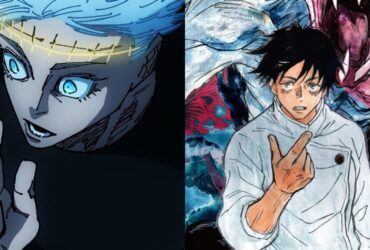

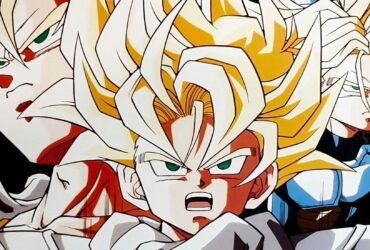
Leave a Reply